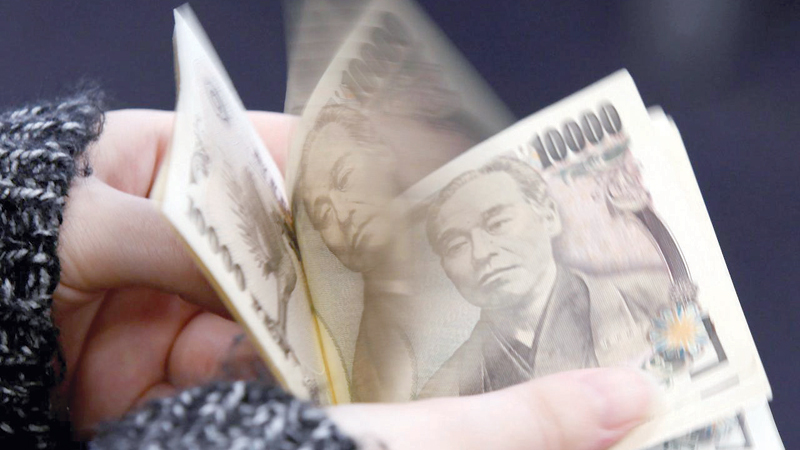

TOKYO: Japan’s cabinet approved a $122 billion fiscal package on Thursday to support stalling growth in the world’s third-largest economy amid offshore risks and as policymakers look to sustain activity beyond the 2020 Tokyo Olympics.
The 13.2 trillion yen ($121.50 billion) package is expected to push up gross domestic product by 1.4 per cent through fiscal 2021 and comes as Japan, like other major economies, looks to revive growth through spending as central banks rapidly run out of monetary policy options.
However, Tokyo is also seeking to balance its need for stimulus with its drive to reduce its massive public debt, which is more than twice the size of its GDP and the industrial world’s largest debt pile.
“The current situation calls for all possible steps to prevent overseas risks from curbing not only exports but also capital spending and private consumption,” the government said in a statement.
“Now is the time to adopt bold fiscal policy to overcome various downside risks and secure future safety while the Bank of Japan is patiently continuing powerful monetary easing.”
Japan’s economy ground to a near halt in July-September as the global slowdown knocked exports. Retail sales also tumbled at their fastest pace in more than 4-1/2 years in October as a sales tax hike prompted shoppers to tighten their purse strings.
“Fiscal policy is a smart thing to do right now particularly because there really isn’t much opportunity for any monetary policy movement given that there just isn’t any space on the monetary policy side,” said Moody’s Analytics economist Steve Cochrane before the package was approved.
“If it’s infrastructure spending or spending on education and training for either young people or retraining the older generation that is staying in the labour force longer - these are activities that would provide near-term juice for the economy but maybe have long-term impact as well,” he added.
In compiling the package, Japan’s heavily indebted government will need to tap stretched capacity to combat overseas risks and the impact of October’s sales tax hike, while steering clear of fresh deficit-covering bond issuance.
That will require drawing from almost 4 trillion yen in fiscal investment and loan programmes, as the government seeks to take advantage of low borrowing costs under the central bank’s negative interest rate policy.
The spending will spread over a supplementary budget for this fiscal year to March and an annual budget for the coming fiscal year from April, both to be compiled later this month. — Reuters
Oman Observer is now on the WhatsApp channel. Click here



